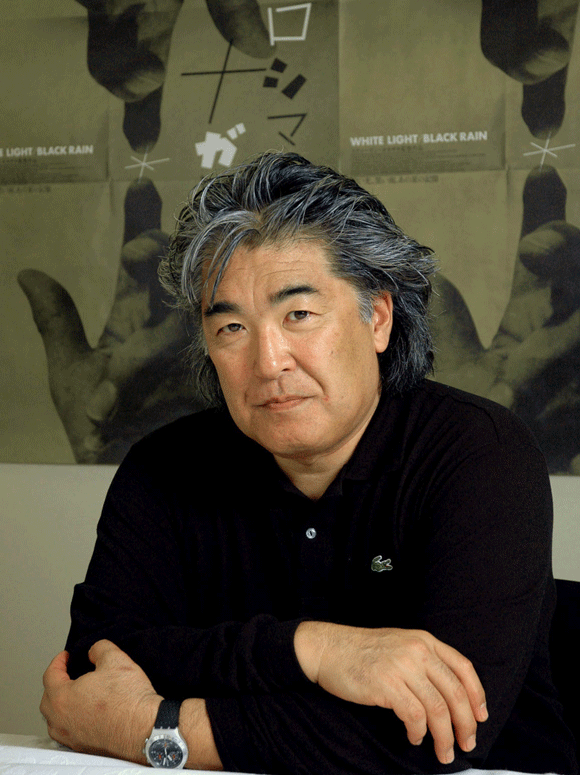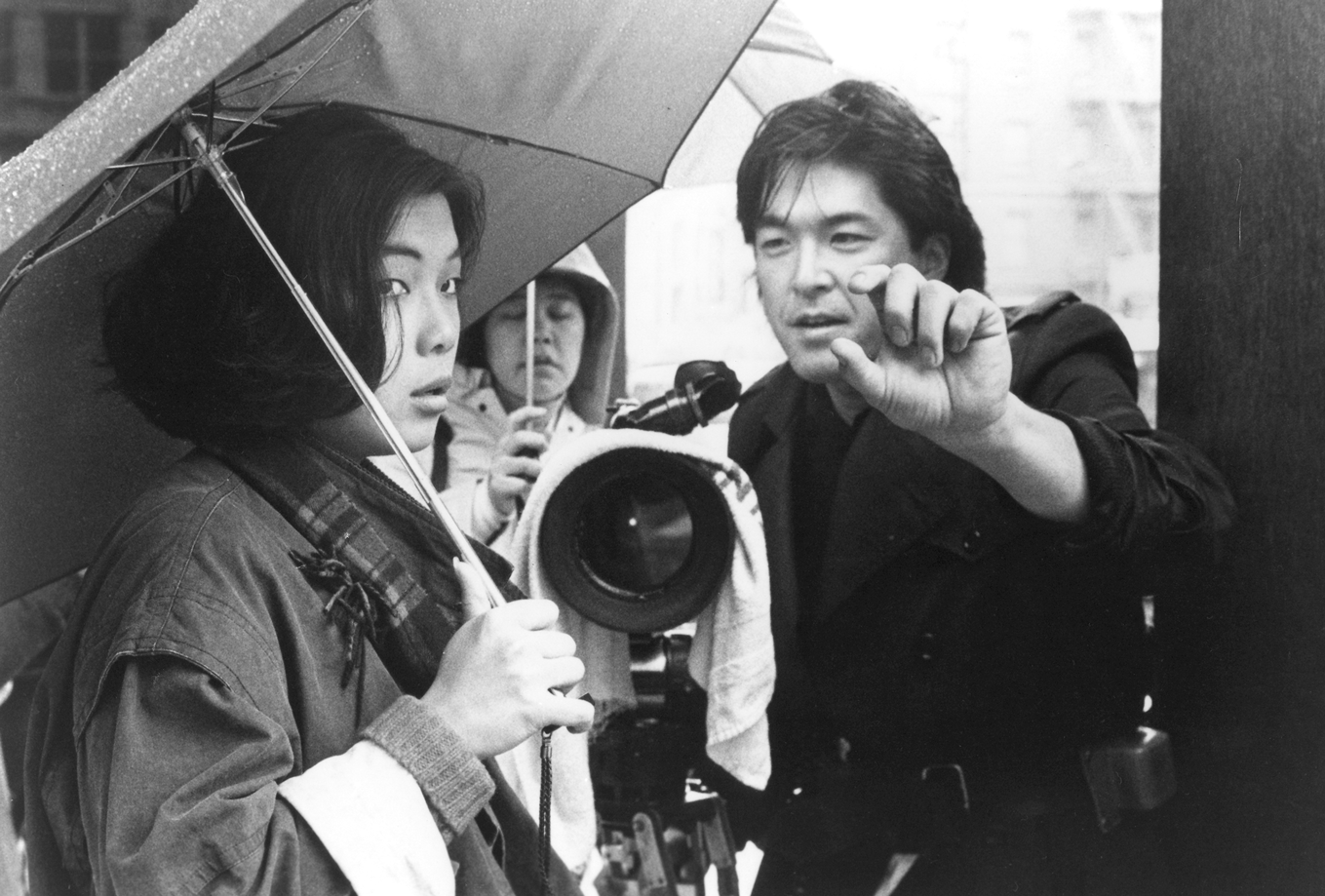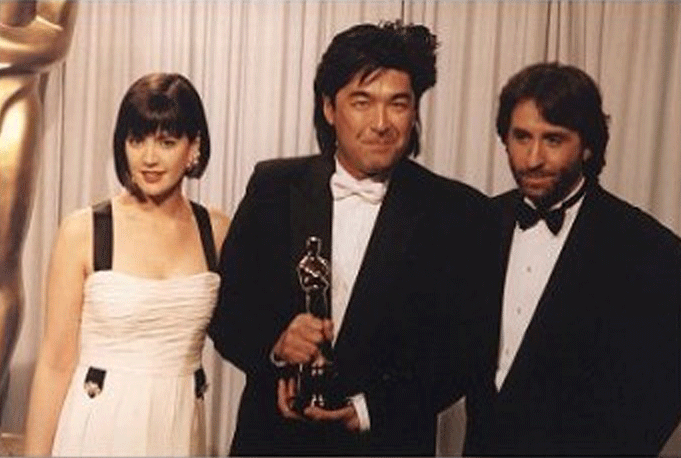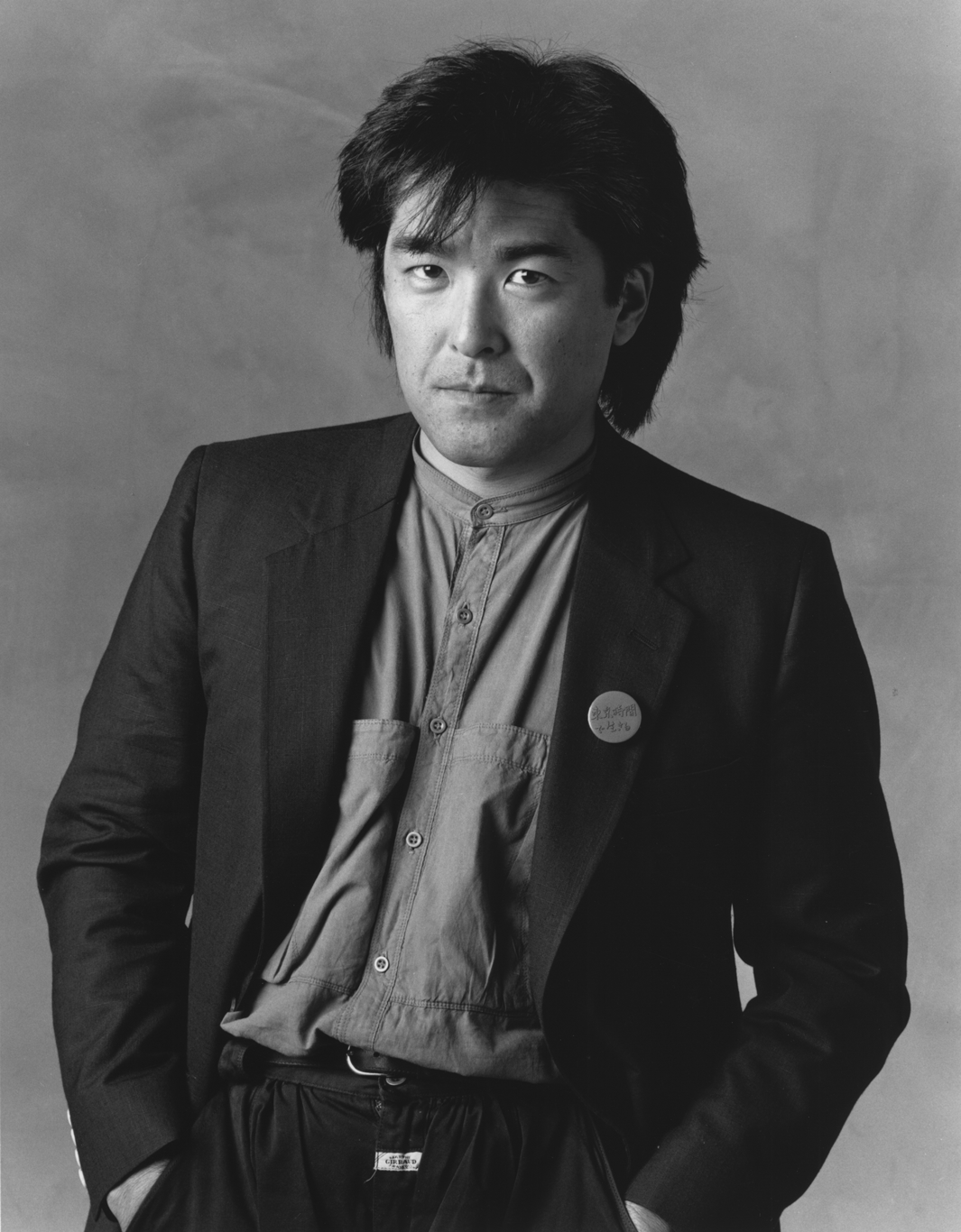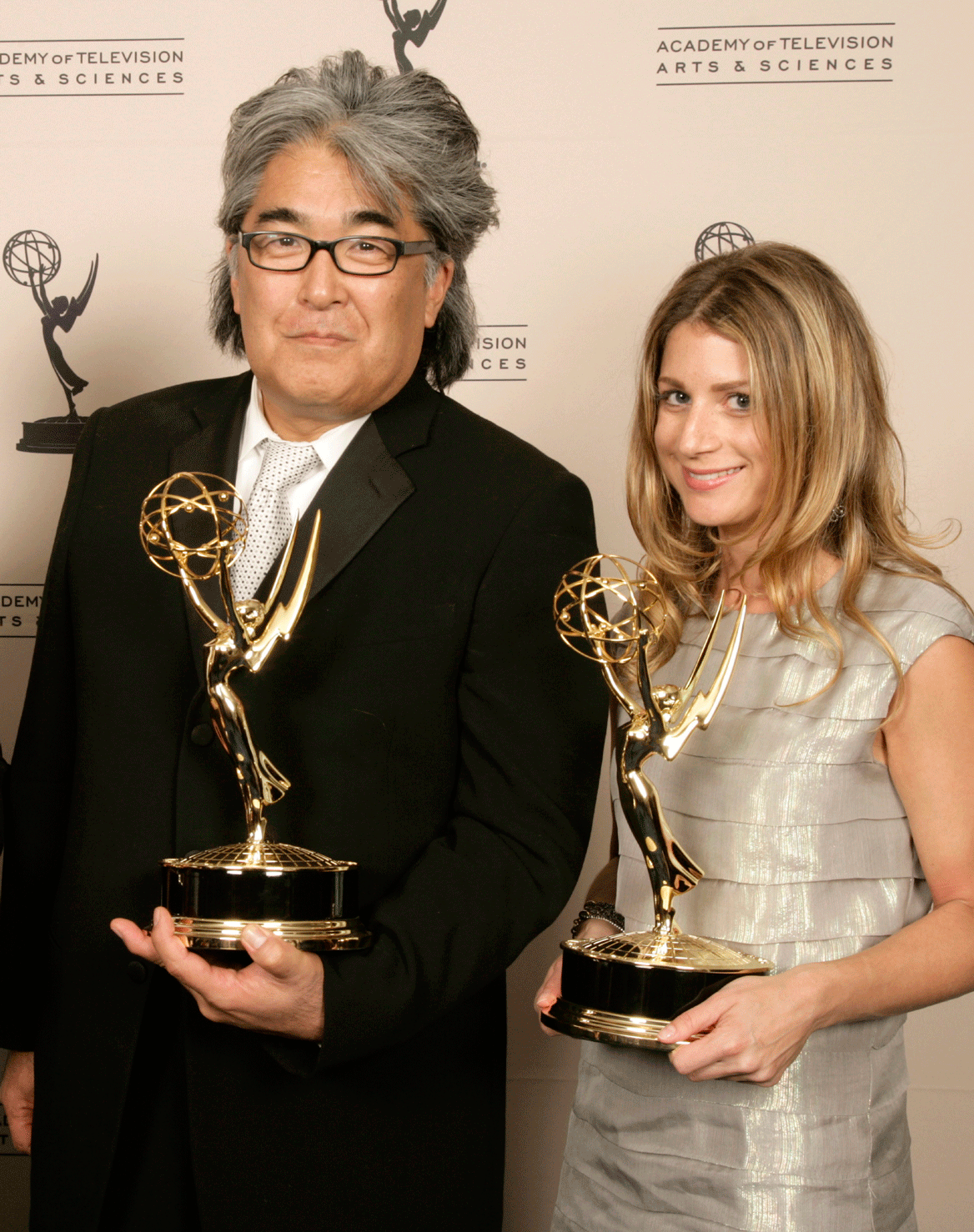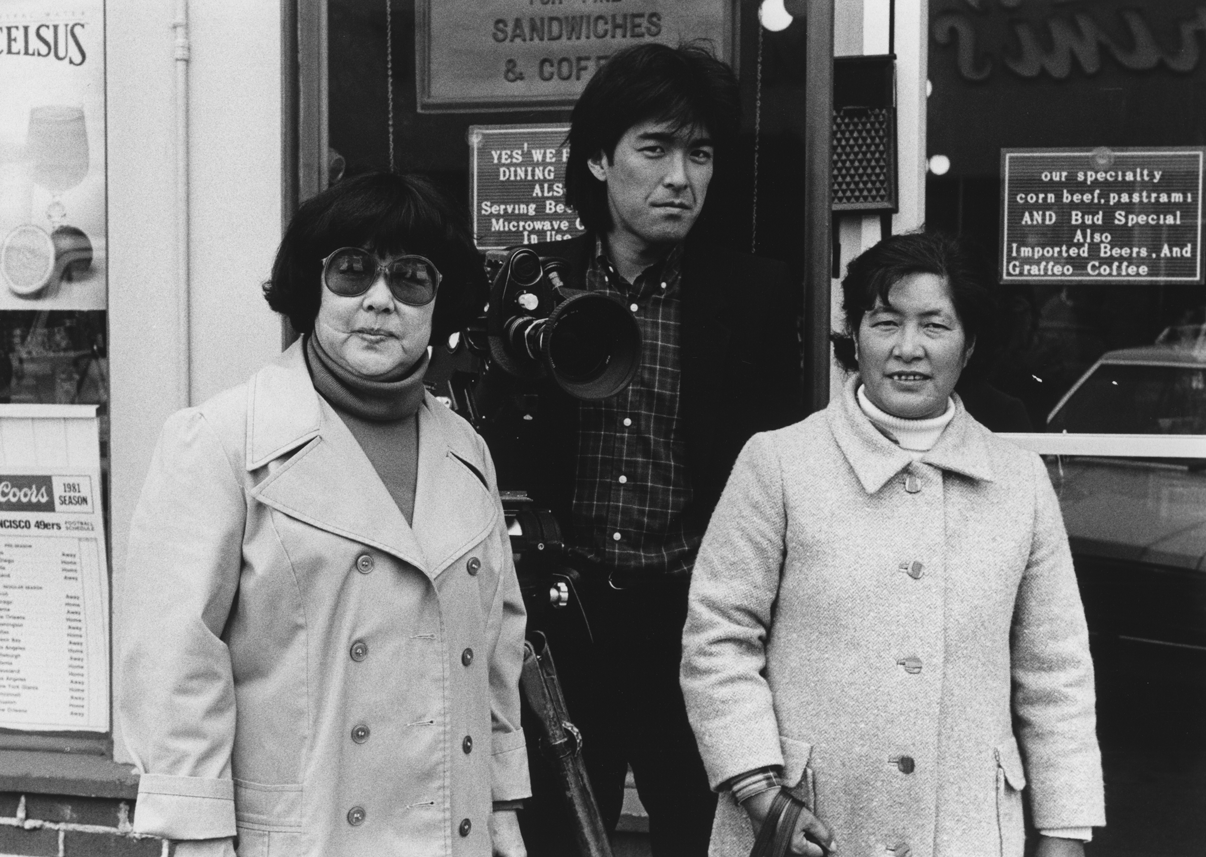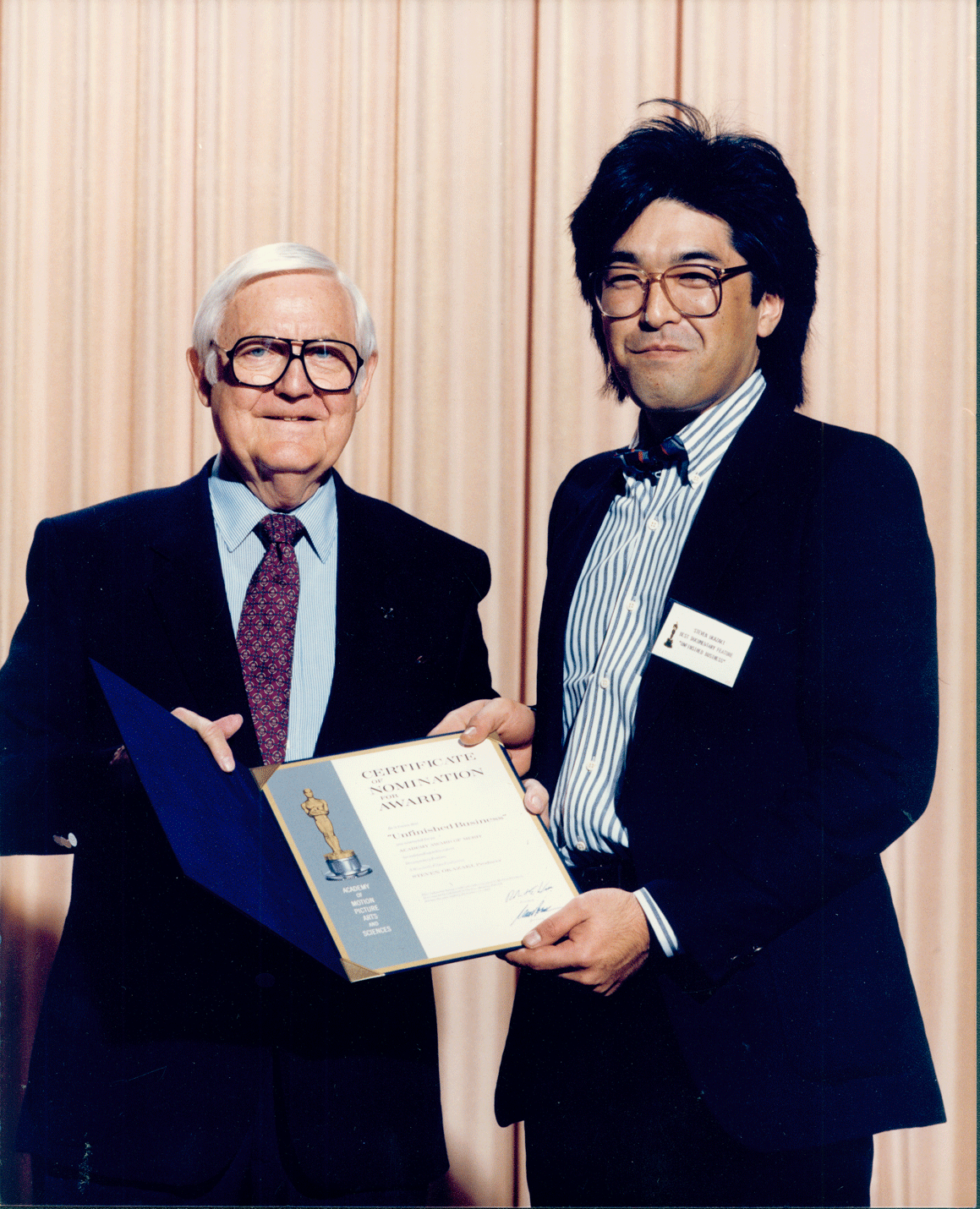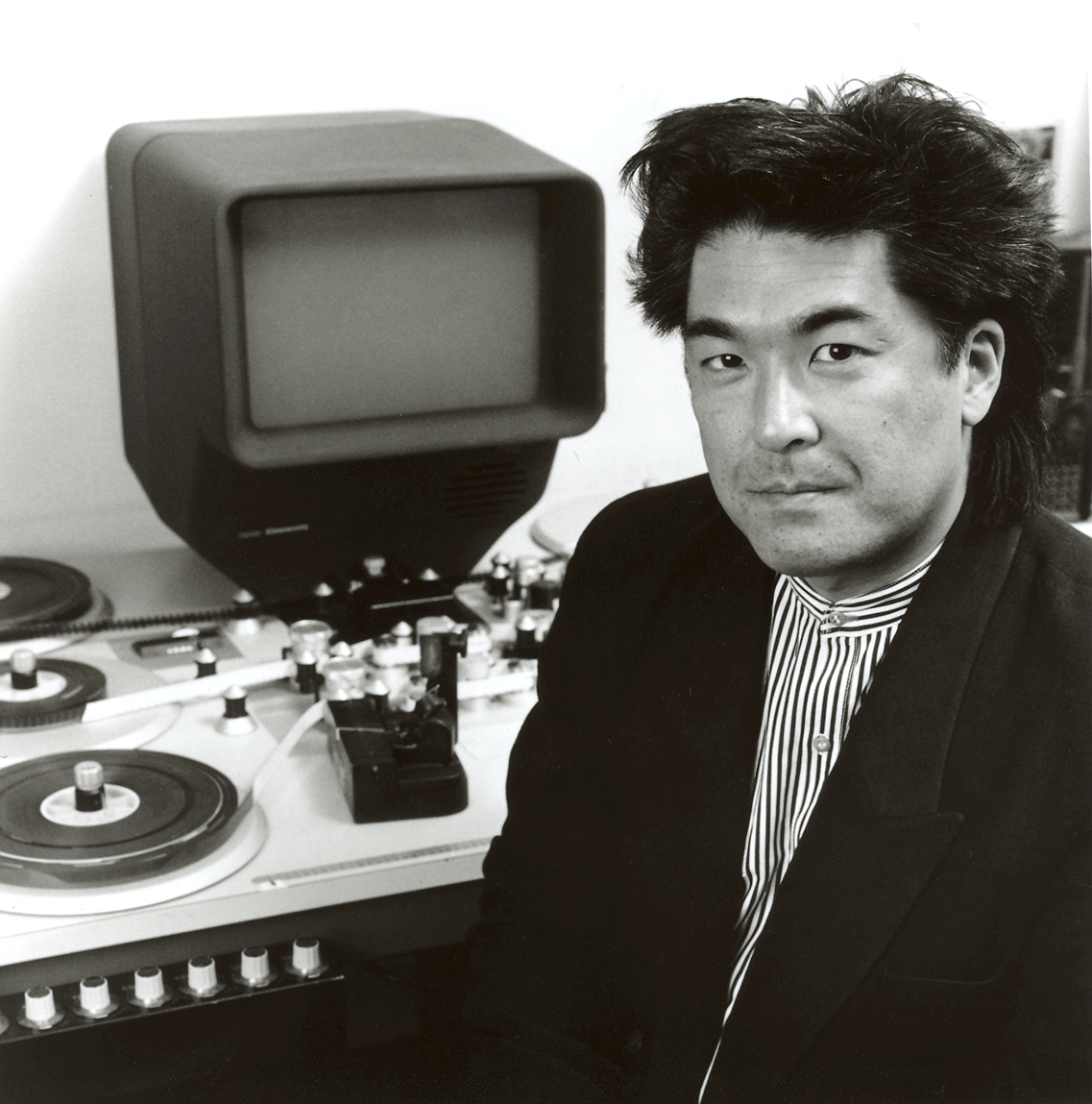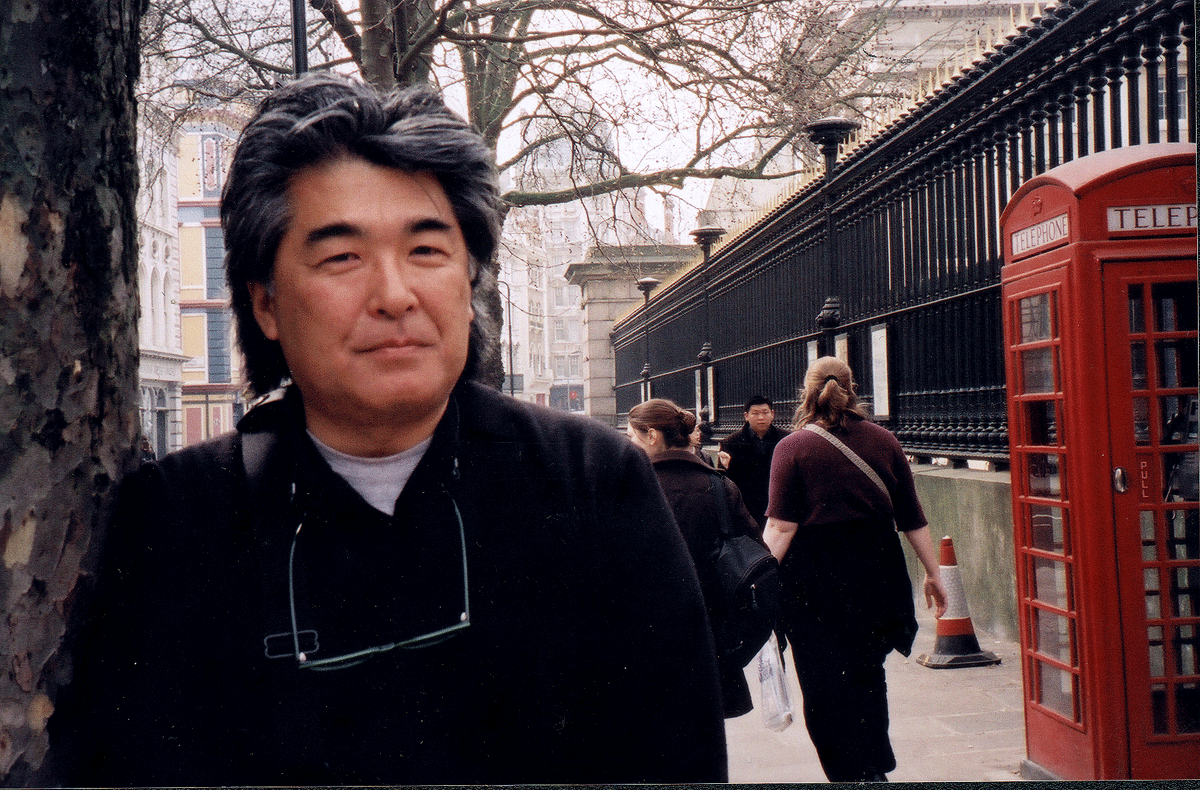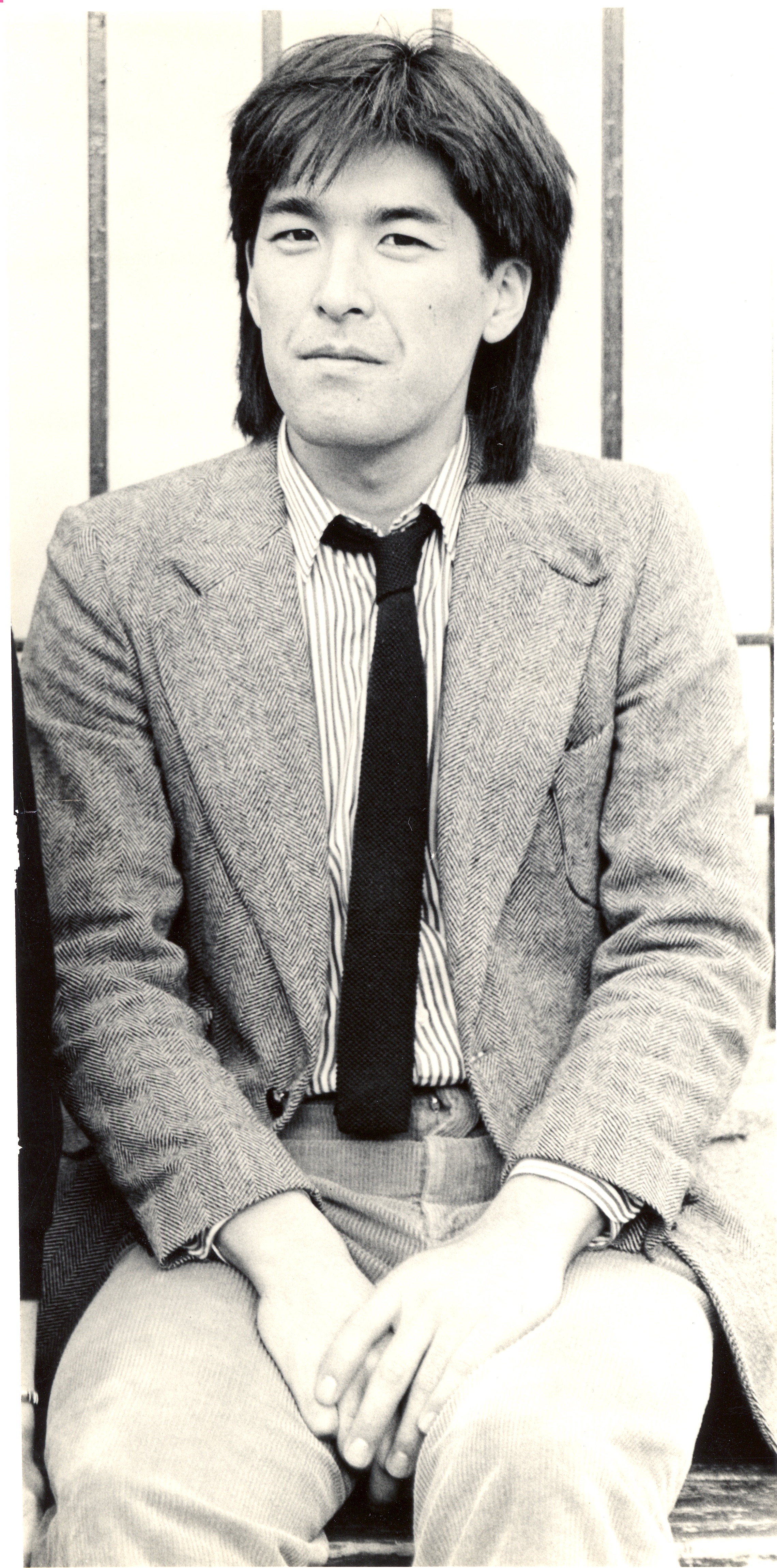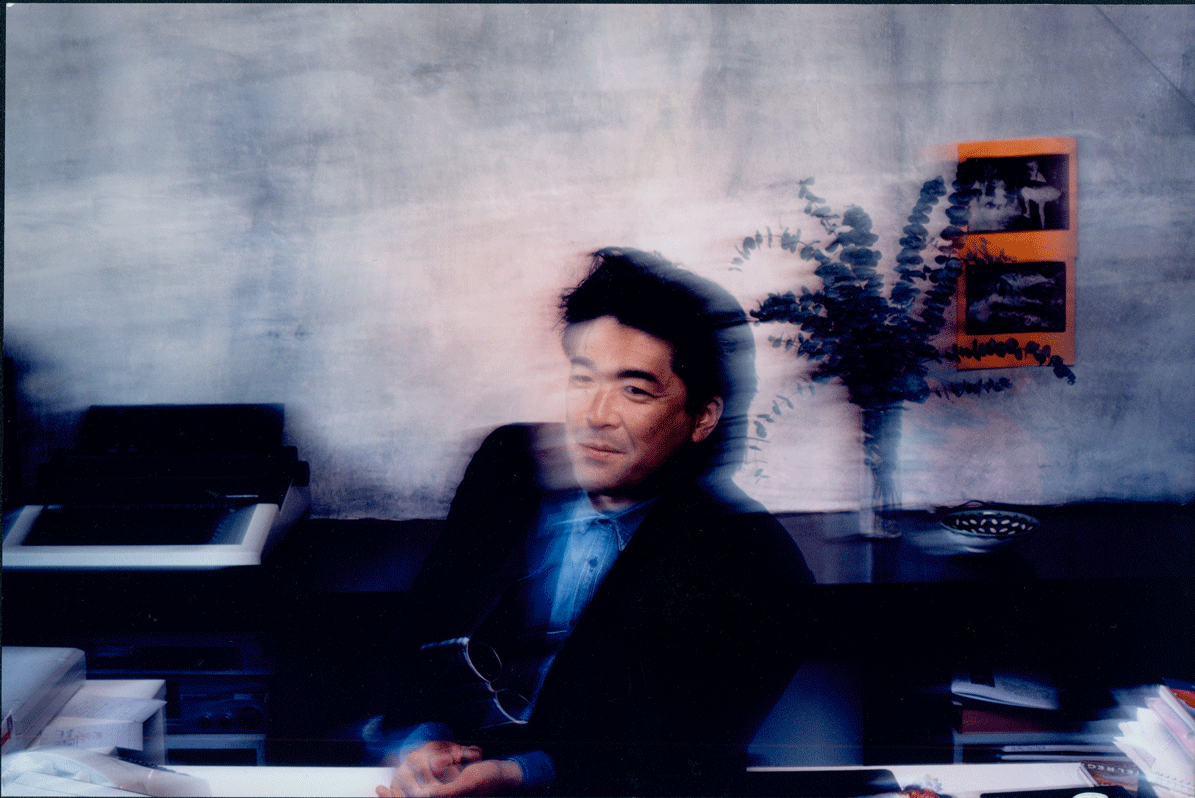FARALLON FILMS
Award-winning films by Steven Okazaki
BIOGRAPHY
STEVEN OKAZAKI
The films of Steven Okazaki explore a range of subjects - from pop culture in Tokyo to food-on-a-stick at the Minnesota State Fair to genocide in Cambodia. His films explore how individual lives are forever changed by dramatic historic and social events - from AIDS to racism to drug addiction to nuclear war. His films have received an Academy Award® and four Academy Award® nominations, as well as a Primetime Emmy, a George Foster Peabody Award, Camerimage’s "Outstanding Achievement Award," and the City of Hiroshima's "Honorary Citizen Award."
Steven started off in children's programming in 1976, directing dramatic and documentary shorts for Churchill Films in Los Angeles. In 1982, he made his first feature documentary, SURVIVORS, produced for WGBH Boston's “World” (now “Frontline”). In 1986, he received his first Academy Award® nomination for UNFINISHED BUSINESS, the story three men who challenged the mass incarceration of Japanese Americans during WWII. Studs Terkel called it "a powerful warning that hysteria, bigotry and moral cowardice demean us all."
In 1987, encouraged by a fellowship from the American Film Institute, he moved in a different direction with LIVING ON TOKYO TIME, a low-budget comedy about a Japanese dishwasher and her green card husband. It premiered at the Sundance Film Festival and was released theatrically by Skouras Pictures. Steven travelled frequently to Japan and produced HUNTING TIGERS (1989), a comic look at pop culture in Tokyo featuring Nobel Prize-winning novelist Kenzaburo Oe.
In 1991, he won an Academy Award® for DAYS OF WAITING, the story of artist Estelle Ishigo, one of the few Caucasians to be interned with the Japanese Americans during World War II. The Oscar® made funding for TROUBLED PARADISE (1992), his exploration of native culture and activism on the Big Island of Hawai'i; possible, but he grew frustrated producing and fundraising for documentaries for PBS which had become adverse to anything controversial.
From 1993 to 1995, he made AMERICAN SONS (1994) an angry narrative about how the lives of Asian American men are shaped by racism, and collaborated with NHK Hi-Vision, producing some of the earliest HD documentary programming. Two films, ALONE TOGETHER: YOUNG ADULTS LIVING WITH HIV and LIFE WAS GOOD, about a family living next to the Nevada Test Site, won UNESCO Awards.
In 1996, he began a twenty-year association with HBO Documentary Films, working with legendary Executive Producer Sheila Nevins. His gritty cinema-verite BLACK TAR HEROIN is a chronicle of three years in the lives of young heroin addicts and was one of HBO's highest rated documentaries in 1999. In 2005, he produced HBO's REHAB, a disturbing look at drug recovery programs, which won the prestigious Nancy Dickerson Whitehead Award, honoring journalists who have "demonstrated the highest standards of reporting on drug issues."
In 2006, he received his third Oscar® nomination for HBO/Cinemax's THE MUSHROOM CLUB, a personal look at the city of Hiroshima. He followed that with his most ambitious production, HBO's WHITE LIGHT/BLACK RAIN, a vivid accounting of the atomic bombings of Hiroshima and Nagasaki, which premiered at the 2007 Sundance Film Festival, won a Primetime Emmy for "Exceptional Merit in Non-Fiction Filmmaking," and the Grand Prize at the Banff World Television Festival. In 2009, he received his fourth Oscar nomination for HBO's THE CONSCIENCE OF NHEM EN, which tells the story of a 16 year-old Khmer Rouge soldier who photographed 6,000 men, women and children before they were tortured and executed.
From 2009 to 2011, he directed three short documentaries — CRUSHED: THE OXYCONTIN INTERVIEWS for ShadowCatcher Films; APPROXIMATELY NELS CLINE for Fantasy Studios; and ALL WE COULD CARRY for the Heart Mountain Wyoming Foundation.
In 2015, he produced HBO's HEROIN: CAPE COD, an intimate exploration of the current heroin epidemic, which was screened for the White House and helped bring the subject to national attention. In 2016, he directed MIFUNE: THE LAST SAMURAI, a feature documentary about his childhood hero, legendary actor Toshiro Mifune, which screened at more than twenty international film festivals, including London and Telluride, and was released theatrically in the U.S. by Strand Releasing.
Segments from his films have been featured on The CBS Evening News, The NBC Nightly News, ABC News Nightline, CNN and Oprah.
He is also a contributing writer to FIGHT OF THE CENTURY, published by Simon & Schuster in 2019.
Steven was born in 1952 and grew up in Venice, California. He graduated from Venice High School in 1970 and San Francisco State University's film program in 1976. During his wayward youth, he studied painting and played in garage bands (including the punk trio The Maids with TOKYO TIME co-writer John McCormick) before getting serious about making films. He lives in Berkeley, California with writer Peggy Orenstein and their daughter.
